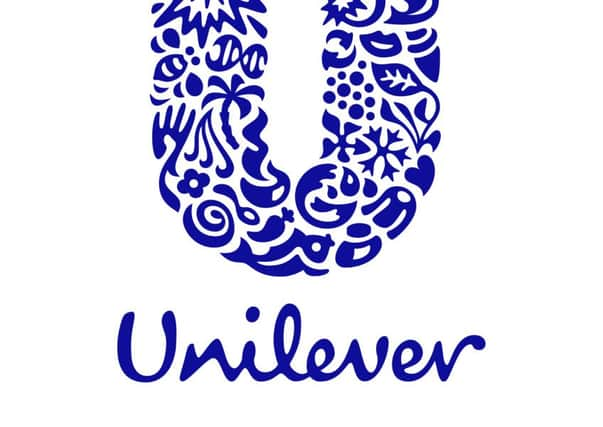YP Letters: Marmite row is not sign of firm's greedy appetite for profit


KARL Sheridan is so quick to join the “blame Brexit brigade” for Unilever’s request to increase prices on certain branded products (The Yorkshire Post, October 17). He labels Unilever as greedy and also criticises its “sizeable” profits.
As a former employee of Unilever for 31 years, I would like to enlighten Mr Sheridan on the pedigree of Unilever and the market-place in which it operates. William Hesketh Lever founded Lever Brothers in the 19th century and one of his main aims was to ensure that all his employees were treated well, so he built Port Sunlight village in which to house many of them.
Advertisement
Hide AdAdvertisement
Hide AdThat same concern for staff was still there when I joined Lever Brothers in 1969 (later to change to the Unilever group) until I retired in 2000.
The reason Mr Sheridan perceives their profits to be “sizeable” is simply because there are hundreds of companies in Unilever, all contributing to the total. To use the word “greedy” for a company requesting a price increase is quite inappropriate.
I heard many stories about the policies of the main supermarket chains when dealing with (mugging) suppliers and I can say that greed was almost at the top of their agenda with the smaller suppliers coming off worst.
To Mr Sheridan, I would ask if he would apply “greedy” to the following...
Advertisement
Hide AdAdvertisement
Hide AdThe dairy farmers asking for an extra 2-3p per litre for their milk.
My local chippy for putting up fish by 10p and chips by 5p.
National daily newspapers increasing the price by 5p.
The annual council tax increase.
Banks reducing interest rates for our savings accounts.
Workers asking for a pay increase.
All these examples, plus Unilever, are subject to movements in the costs and overheads in the markets in which they operate. When costs increase, then at some point prices have to increase also. Absorbing those increases can only go on for so long. Sadly the easy surrender to the seduction of greed has always been the choice of many. In 1906, the Daily Mail accused Lever Brothers of driving up soap prices and so Lever sued the paper and won £50,000 which is about £6m today.
Unilever’s corporate purpose reads: “We require the highest standards of corporate behaviour towards everyone we work with, the communities we touch and the environment on which we have an impact.” Sideline critics, please note... and leave Marmite alone.